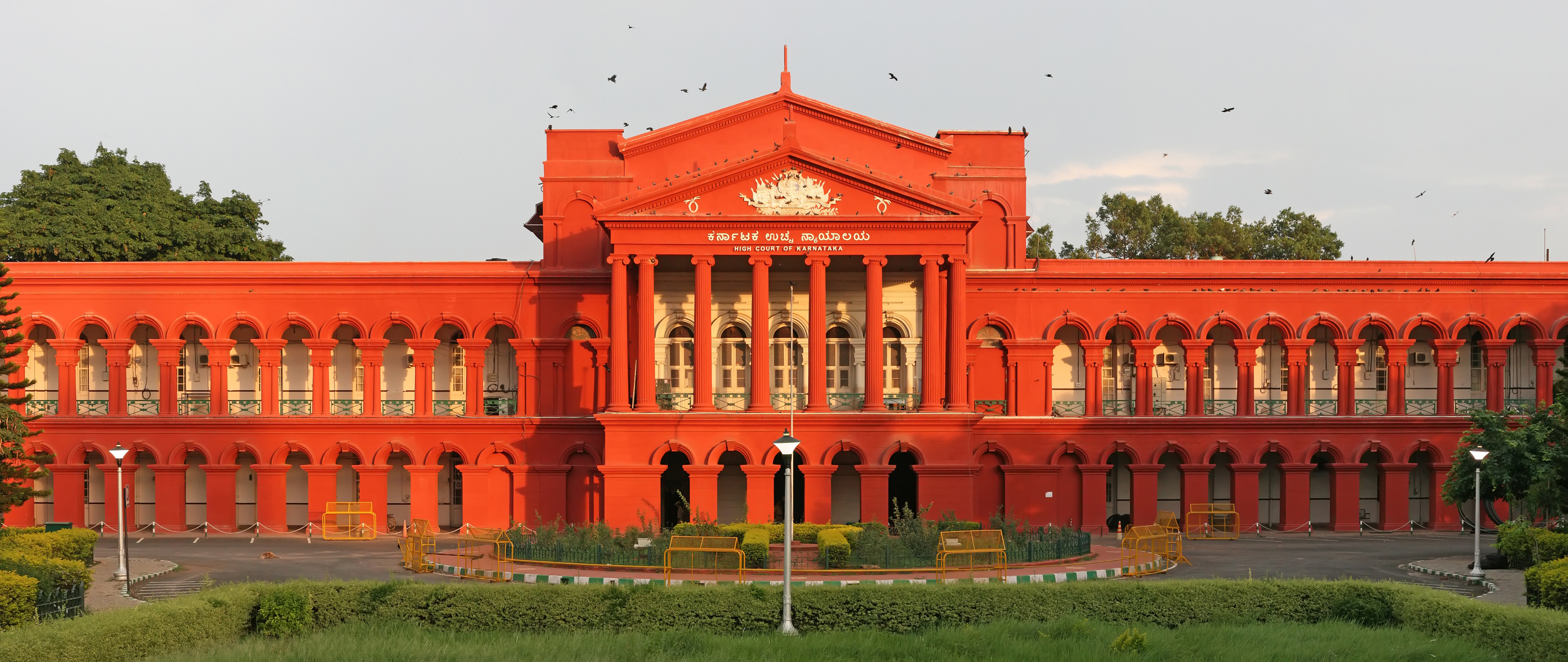Arguments - Devdutt Kamat Hijab Row

Continuing his arguments in the petition seeking to quash the GO dated 5th February, 2022. Devdatt Kamat, Senior Advocate, submitted that the GO refers to three decisions of three different High Courts and that these decisions did not support to GO to note that wearing Hijab is not a fundamental right.
Kamat read out portions of the first judgment (Thanseem Vs State of Kerala) to submit that the petitioners in this case sought for wearing Hijabs in a minority educational institution and that this was a case where Article 25 (which guarantees the freedom of conscience, the freedom to profess, practice and propagate religion to all citizens) and Article 30 which provides for rights of minority educational institutions had come in conflict and ultimately, the court had held that it is for the minority institution to decide the attire for the students who attend classes. He submitted that since this judgment specifically spoke of minority institution it does not support the GO.
Kamat further read out the second judgment wherein certain girls studying in a girls school sought the Bombay High Court to direct their educational institution to permit them to wear full sleeve shirts and Hijab. The High Court had held that since the essential religious practice of wearing Hijab is prescribed only during the presence of men outside of the family. It will not apply in case of an all girls school. Kamat distinguished the third judgment of Madras High Court by submitting that it did not speak of Article 25 whatsoever as it was prescribing uniforms to teachers.
Kamat submitted that these judgments were the very edifice on which the GO stands and since they have been distinguished before the court of law, the GO is flawed. Kamat then made his submissions on a judgment of Madras High Court (M.Ajmal Khan Vs Election Commission of India) wherein the petitioners sought mandamus forbearing the Election Commission from publishing or releasing the Electoral Rolls with the photographs of eligible women voters particularly Muslim Gosha Women. It was contended before Madras High Court that this practice of Election Commission violates Article 25. According to Kamat the court held that while publishing or releasing the photos with electoral polls cannot be quashed, the Muslim women had the right to wear Hijab for the photograph since it is an essential religious practice.
He further referred to the judgment of Supreme Court in Bijoy Emannuel where two school students belonging to Jehovah’s witnesses stood in respect of the national anthem but did not sing it as per their religious tradition. The Supreme Court had quashed their removal from the school citing that the children were covered under Article 25.
Kamat argued that the plight of the school girls in Karnataka who wear Hijab is similar to that of these two children who were removed from school. Kamat said “I may personally disagree, I would say why young children should wear, but my beliefs are irrelevant. It is not for us to sit in judgment of the beliefs. That is what the court has held. We have been quietly practicing our faith.”
He argued that the government releasing the GO on account of public order is like putting horse before the cart and questioned “Can our religious freedom be on vague conception of public order?” He submitted that the court must examine the State’s justification that it is be done on the public order on the lens with the robust fundamental right.
Kamat submitted that If wearing Hijab to school is a public order issue, it should be an issue everywhere. It cant’ be an issue just when they come to school he argued that there is a very high threshold laid down by the courts to bring something within the sphere of public order is very high.
The Court at this point quizzed Kamat asking “Is it your proposition that the public order issue should have a universality? It cant be confined to a particular region, place etc. ?” Kamat replied saying he did not seek the court to apply a straight jacket formula for public order but was merely testing it under the given circumstances.
Kamat submitted “All I am saying, is that the State has to place certain materials on record to establish that it is a public order issue and these materials should be scrutinised.” Kamat further submitted that the provisions of Karnataka Education Act, under which this GO has been issued do not pertain to management of institutions but pertains to framing syllabus.
Kamat argued that State is to exercise its power in a manner in which people are able to exercise their fundamental rights. He said “If some goons are creating disturbances, it is the duty of the State to ensure that the rights of these school going girls are protected.”
Kamat argued that it is an established position of law that India as a country practices positive secularism ie. Believes that all religions are true unlike Turkey, which practices negative secularism, wherein someone’s religion cannot be displayed. He submitted that the courts have time and again emphasised the concept of positive secularism which this court has time and again laid down.
He argued that yesterday the students wearing Hijab were segregated and made to sit in a separate classes. Kamat concluded his arguments by citing National Legal Services Authority Vs Union of India to state that a person has the right to wear the dress they please subject to reasonable restrictions.
The court will continue hearing the matter at 2 PM tomorrow where Kaleeshwaram Raj, Advocate, will make submissions. Justice Krishna Dixit has informed the court that all the advocates who have filed pleas will be permitted to make submissions.
Case title: Resham Vs State of Karnataka
